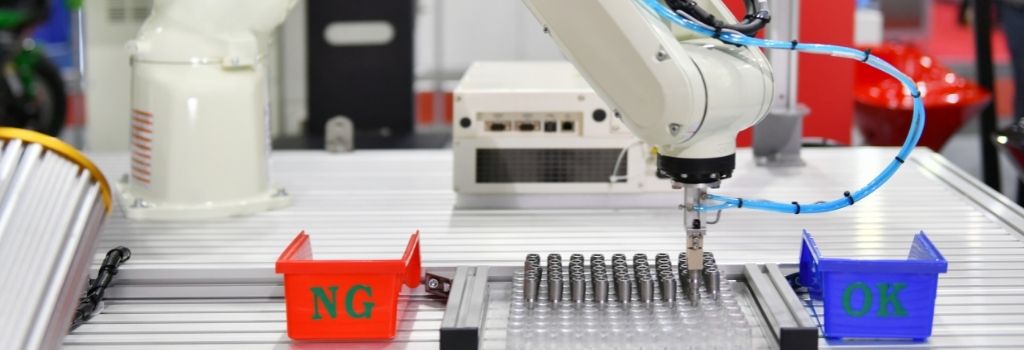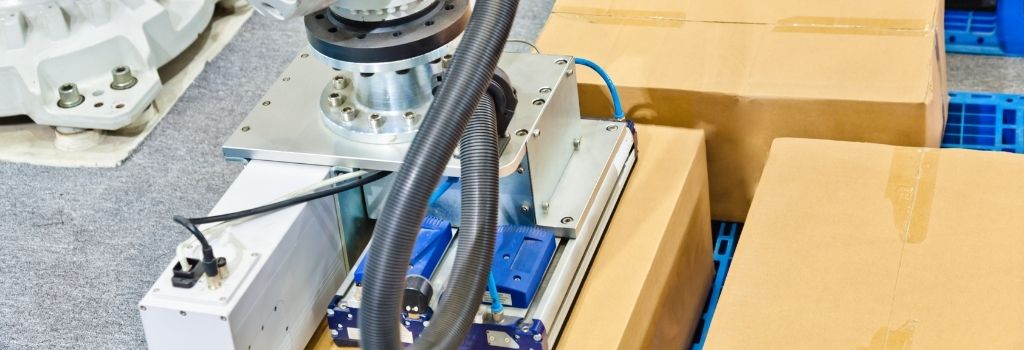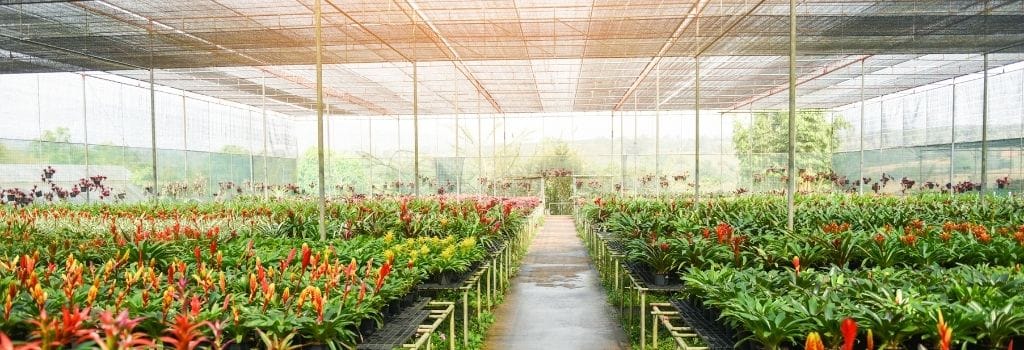Industrial Automation
Product inspection and defect-detection solutions within smart factories leverage visual inspection technology based on computer vision and deep learning. With the help of visual inspection systems collecting imaging data and feeding it into an inference engine, deep learning algorithms can help differentiate between different products, their parts, and specific characteristics and spot any anomalies. The visual inspection technology running on an appliance can imitate human eyes scanning products at an assembly line.
Read more: Machine Vision AI Appliances for Factory Product Inspection
The growing demand for AI machine vision can be found in fast supply-chain processes, and one such application is the unloading of boxes from pallets, or depalletization.
A system integrator specializing in delivering smart solutions for supply chain management came to Lanner in search of a hardware solution that could be relied upon for automating most of the arduous tasks involved in depalleting, so that an end customer in the logistics industry can increase their productivity, throughput and also save costs.
Read more: LEC-2290E: Enabling AI 3D Machine Vision For Intelligent Depalletization
IoT and IIoT technology deployment using edge sensors and devices succeeded in making Smart Farming possible. Techniques and knowledge are now available to those wishing to implement industrial automation that guarantees excellent results in the agriculture business, or in this case, indoor orchids cultivation.
Read more: Cultivating Orchids Indoors Using Edge AI Video Analytics Solutions
Detecting flaws by employing machine vision systems is commonplace across a wide range of industries, including semiconductors, pharmaceuticals and automotive manufacturing, because machine vision systems not only lay bare all contamination, scratches, cracks, blemishes, discoloration, gaps and other imperfections undetectable by human vision, they also make available faster TTM and better resource optimization while at the same time lowering both the cost of ownership and the product fail rates.
Read more: Improving Flaw Detection with Machine Vision Systems
This shift means that devices like IoT gateways and industrial PCs are being deployed en masse, in order to bring processing power closer to the data. And Gartner estimates that by 2020 at least 90% of all IoT projects will include gateway devices. Beyond the staggering scale of growth, managing these devices results in a myriad of challenges for organizations:
Read more: Secure IIoT Gateways Ensure Visibility, Security and Manageability in Industrial Networks
Nowadays the variety of beverage types is almost endless. They can roughly be categorized into sports drinks, energy drinks, bottled water, tea, coffee, carbonated beverages, wines/spirits and beers. Each category can be further sub-categorized based on flavors, sizes and where they are produced.
Read more: Quenching Beverage Industry’s Thirst for Efficient Supply Chain Management
While most have yet to grasp the concept of Industry 4.0, Lanner has long completed its Industry 4.0 product roadmap and is now introducing its intelligent manufacturing solutions for MES, machine automation and vision inspection, enabling early adoption and system testing for Lanner’s strategic partners in preparation for developing smart manufacturing controllers and for realizing the implementation of smart factories.












